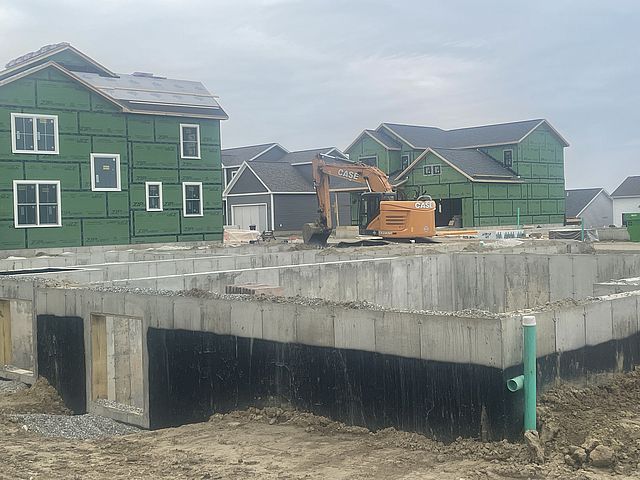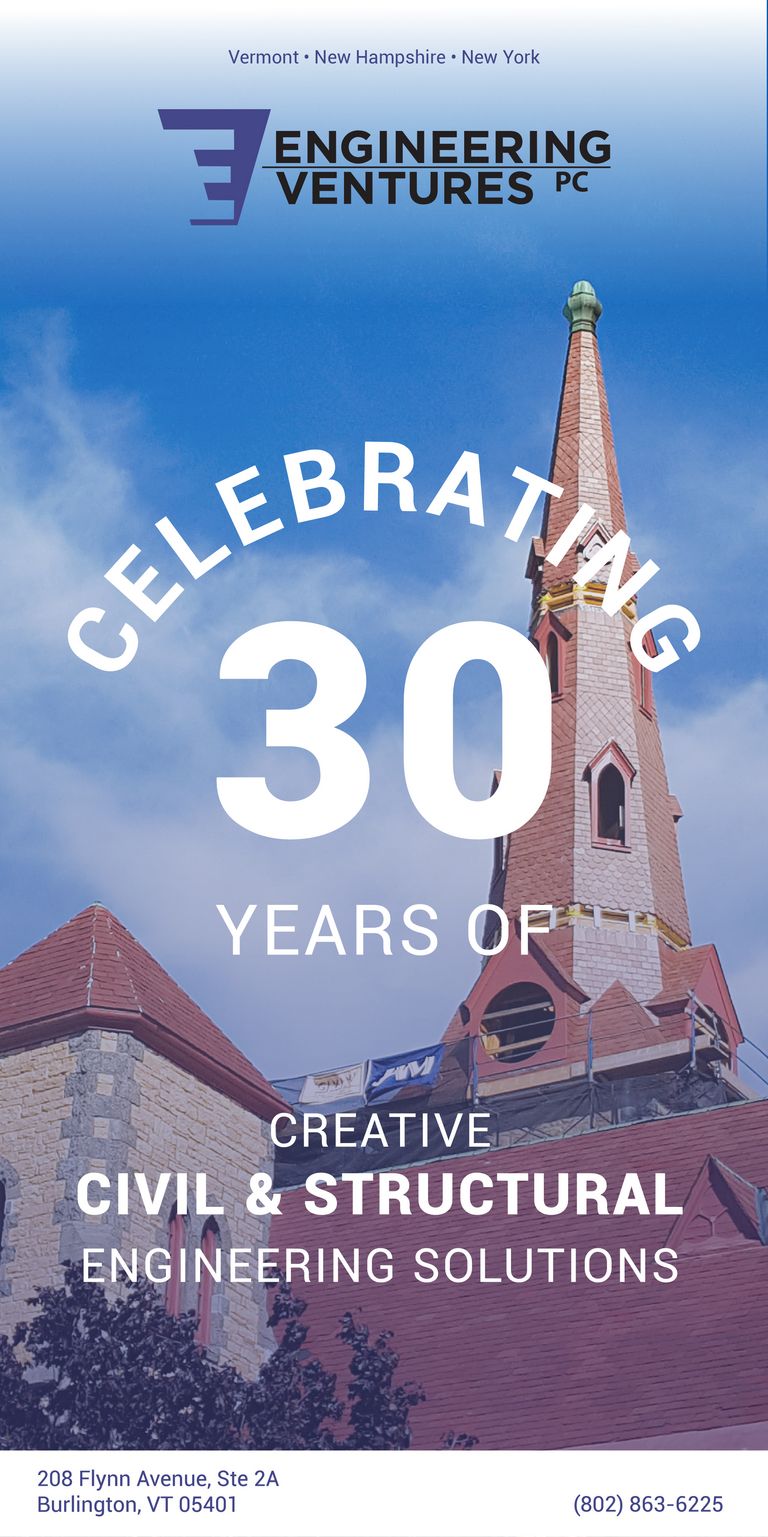Is Your New Home as Energy Efficient as it Should Be?
By Donna J Leban, AIA LC
Originally published in “The Other Paper”, Fall 2023
If you’ve just purchased a new or recently built home, have you wondered if it is as energy efficient as it should be? Vermont law requires new homes to meet a relatively high energy standard called the 2020 Residential Building Energy Standard (RBES), which is reviewed and updated every 3 years. Compliance with this standard is largely self-certified, which means that you may need to take the builders word for how well it complies.
If this sounds problematic, it can be. There are many excellent home builders in Vermont who take climate change and energy efficient construction seriously. They attend training on best practices for efficient building and do their best in a very demanding construction environment. They are registered in Vermont’s new Contractor Registry and many are members of Efficiency Vermont’s Energy Excellence Network. Although neither rates contractors for the quality of their work, participation is a sign they are trying to do the right thing. There are also some contractors whose approach to building have remained consistent for the last 30 years, without incorporating advancements in building science to achieve more energy efficient homes.
Homebuilders are required to provide an RBES compliance certificate that is posted on or near the home’s electrical box. There are two paper forms, the 2020 Vermont Residential Building Energy Standard (RBES) Certificate, certifying compliance, and the 2020 Vermont Owner/Builder Disclosure Statement for projects not required to comply (like some owner/builder projects). These forms are usually completed by the builder, but may require some assistance for air infiltration testing, also referred to as a blower door test, which is used on buildings in order to quantify the amount of air leakage (i.e. draftiness) through its enclosure. Note that the Owner/Builder form is only used in specific cases and requires Owner/Builder sellers to provide this form to all prospective buyers as well as the VT Department of Public Safety, itemizing how the home does not comply with VT RBES, if that’s the case. The intent is that the Compliance Certificate be used in a majority of cases.
The Certificate compliance can be provided based on one of 3 methods:
- Following a prescriptive package-plus-points described in the 2020 Vermont RBES.
- Free online REScheck software that includes the 2020 Vermont RBES requirements, and prints out a compliance certificate.
- A Home Energy Rating (HER) score, using a state-approved rating tool to grade compliance. The rater, who will have documented all the necessary data, also completes the RBES certificate.
RBES certificates award points for meeting minimum efficiency levels for floor, wall, ceiling, window and door thermal resistance (R) values (or the ability of a material to slow heat loss). Measured low air-infiltration (i.e., no drafts), advanced heating and cooling system, low flow water-saving plumbing fixtures, and solar-electric readiness are some of the other systems that provide points. Basic compliance requires meeting at least the minimums and scoring 4-10 extra points based on the home size. The enhanced “stretch code”, which applies in some towns, requires 2 additional points per home.
If your home has a Home Energy Rating, you are in luck. In a recent report for the Dept of Public Service, it was shown that homes participating in HERs programs used 30% less energy than homes that only submitted the RBES certificate. Independent HERs contractors perform services required for Efficiency Vermont Certified 3.0 program for new homes, which includes financial incentives for homes that meet a rigorous standard.
It is not easy for someone who is not trained in construction and specifically the RBES code to look at the written compliance certificate and know if a home meets the standard. Most populated areas in the US have local building inspectors whose job it is to make sure that buildings are constructed to meet a range of safety and environmental codes. Commercial and multifamily buildings in Vermont are reviewed by the Vermont Dept of Public Safety- Fire Safety Division, and submitted construction documents must be stamped by state-licensed architects and engineers. Single family up to 3-family homes do not receive this level of scrutiny, so without a HERS rating or involvement by a licensed VT professional, it's left largely to the builder to comply.
RBES certificates are filed with the city’s Planning and Zoning office and the Vermont Dept of Public Service (VT DPS), which determined in a study published in January 2023 that only 51% of homes statewide submitting RBES forms met the RBES code. Those who didn’t submit documentation likely did worse. This is a problem for meeting Vermont’s energy goals, as new and especially larger homes can use as much energy as smaller, older ones. Passing strict energy standards without providing the authority of a statewide entity to enforce the standards has proved to be a failure of Vermont state officials.
So, what can the new homeowner do?
- If your home has a handwritten RBES certificate and no REScheck or HERS rating, look closely at values claimed for all energy consuming elements of the home. Comparing these values with the RBES workbook, available for free online from the VT Dept of Public Service, is possible but impractical for many. Energy auditors who aid in retrofitting older homes will help decipher the information, determine its accuracy, and let you know how well your house complies.
- If you do have a REScheck result, or a HERS rating, you’ll have a number on a scale that can be compared to determine how well your home performs.
- Utility companies have a lot of data on how much energy is used by our homes, and how it compares with others in the area. Your own utility bills are a good indicator of how efficiently your home is constructed and whether you are using appliances and devices as efficiently as possible.
- You can also speak to your local city councilors and state legislators about why we don’t have state and/or local building inspectors to promote better compliance with our residential energy codes.
In short, while new homes are being built at a rapid pace in South Burlington and surrounding communities, we need a greater commitment to making sure builders are educated and able to do their jobs well, while ensuring compliance with laws passed to reduce our energy dependence.
Donna J. Leban, a licensed architect and lighting consultant and member of South Burlington Planning Commission.





